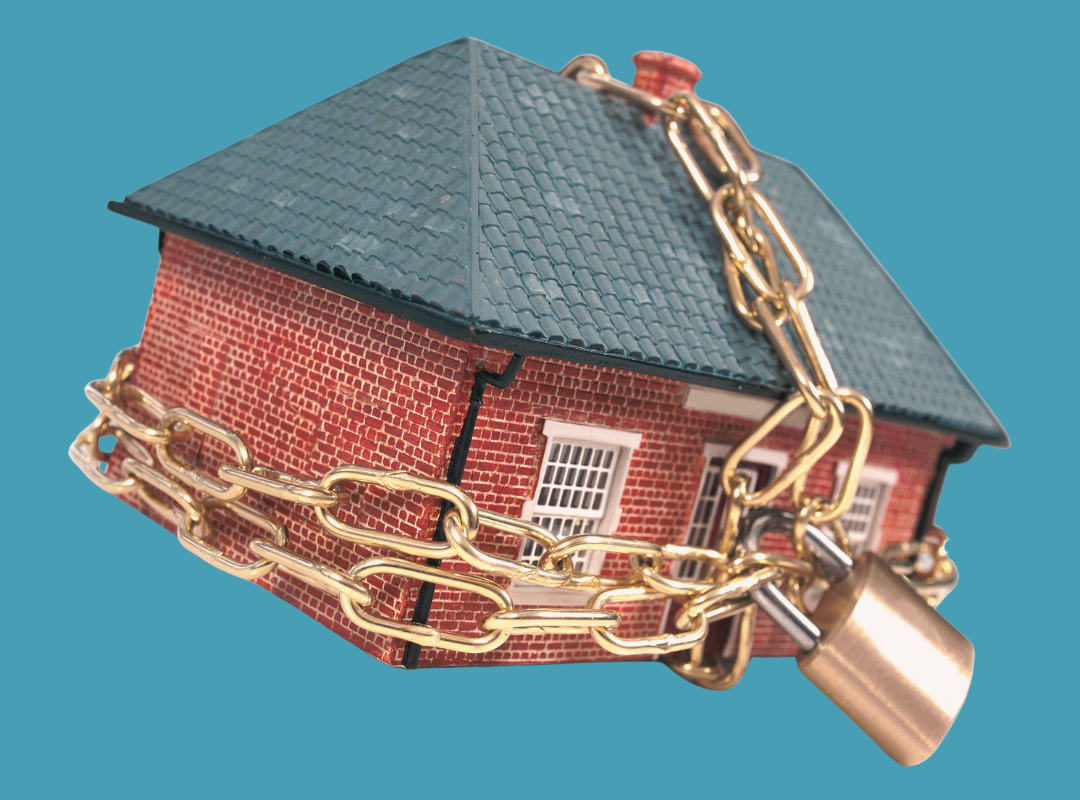UK property fall-throughs have surged to a four-year high, according to data shared by The Negotiator from chain-tracking platform ViewMyChain. 214,000 agreed sales have collapsed so far this year. This comes down to a number of reasons like jittery buyers, shifting mortgage quotes and survey surprises. In this climate, minimising every avoidable point of failure matters, which is exactly what a cash sale does. It removes the lender, shortens timelines and reduces the risk of a last-minute collapse.
Contents
Why deals are falling through more often
1) Mortgage repricing mid-process
Lenders have been mortgage repricing fixed-rate deals at short notice, reflecting moves in swap rates and funding costs. That means a buyer who looked solid last week can return with a smaller loan, or no offer at all this week. The Financial Times reported fresh rate hikes by major lenders in early September, even after the Bank Rate was cut, highlighting how funding markets (not just base rate) drive pricing. Moneyfacts also notes frequent repricing and shorter product “shelf-life,” which keeps buyers’ approvals flimsy. When a buyer’s rate changes, affordability shrinks and chains fall through.

2) Survey down-valuations
A lender’s surveyor can value a home below the agreed price, forcing the buyer to find a bigger deposit or renegotiate. If neither is possible, the deal dies.
3) Long, complex chains
The longer a chain, the more things can go wrong: expired mortgage offers, slow searches, probate paperwork and last-minute gazundering. Industry trackers put today’s average start-to-finish timeline at around 205 days, which exposes chains to months of moving parts.
Every week inside that window adds exposure to rate resets, valuation issues and cold feet. By contrast, cash completions can happen within weeks or even days when both sides prioritise legals and searches.
The longer the chain, the higher the probability of fall-through. Shortening the clock is one of the few levers a seller controls, and a cash sale is the single most effective way to cut elapsed time.
Where a cash sale breaks the chain
- No lender = fewer conditions: Remove the mortgage and you remove the most common collapse points: repricing, down-valuation and offer expiry.
- Faster legal path: With funding settled upfront, solicitors can focus on title, searches and contracts, often exchanging and completing within 1–3 weeks.
- Less public exposure: You avoid months of having your property on the market with price chips while holding costs (council tax, insurance, service charges) stack up during a 200-day wait.
- Comparable certainty to auction, without auction fees: Auctions help on speed but still leave outcomes to bidding; industry bodies quote 28 or 56-day fixed windows, plus entry/pack/commission costs. Direct cash sale offers the same pace with a fixed, private outcome.
What actually causes chains to snap
Mortgage repricing: Buyers’ AIPs and offers get pulled or reissued at higher rates when swaps move. That lowers borrowing capacity mid-conveyance. A cash sale removes the lender dependency entirely.
Survey down-valuation: A cautious valuation forces a price renegotiation or top-up cash. A cash sale is agreed on clear “as-is” terms without a lender’s valuation snag.
Offer expiry: Mortgage offers carry time limits; a slow search, a leasehold query, or probate delay can push beyond the validity window. A cash sale doesn’t expire.
Multi-party dependencies: Each leg of a chain adds documents, deadlines and personalities. Shortening the chain to one buyer with funds in place is the cleanest risk reduction.
Proof-of-Funds checklist
You want proof that the buyer has the money and that the source is acceptable to your conveyancer under AML rules.
Ask for:
- Bank or building society statement(s) showing liquid funds to cover purchase price and fees. Your conveyancer must also see the source of funds, not just balance snapshots.
- Bank/solicitor “proof-of-funds” letter confirming cleared availability and the named buyer. This should include contact details for verification.
- ID and address verification (passport/driving licence + recent utility/bank statement). AML checks require this as standard.
- Explainer for third-party funds (gift or company monies). Lawyers must verify third-party sources under the updated 2025 guidance.

UK agents and solicitors are under AML obligations. Proper proof-of-funds up front prevents late-stage AML queries that can stall or sink completions.
Red flags in mortgage-dependent offers
- Only an “agreement in principle.” An AIP is not a binding offer and can change after underwriting or valuation. Ask for a full mortgage offer timeline and lender details.
- Tight offer validity window. If the buyer’s offer expires in weeks and searches are slow, you risk a reprice. Push for early exchange or consider a cash sale.
- High loan-to-value (LTV). High-LTV borrowers are more exposed to down-valuations and rate changes. Request a larger non-refundable reservation deposit or a shorter exchange.
- Gifted deposits with poor paperwork. Source-of-funds checks on gifts can drag; make sure gift letters and bank trails exist from the start.
- Self-employed or complex income. Underwriting can take longer and is more sensitive to rate shifts; build in milestones for mortgage progress.
The 205-day reality
- Benchmark your risk: The average 205-day path exposes you to six-plus months of mortgage, valuation and paperwork risk. If your priority is certainty, a cash sale compresses that to weeks.
- Have Plan B ready: If your mortgaged buyer wobbles, invite a vetted cash buyer to view the same week. You preserve leverage and momentum.
- Compare net, not headline: Subtract holding costs and fall-through probability from the “best-case” chain price. Many sellers find the net from a firm cash sale is closer than expected once fees, time and risk are priced in.
Key takeaways
- Fall-throughs are at a four-year high (214,000 year-to-date), driven by jittery finance and slow pipelines. A cash sale removes the biggest instabilities.
- Timelines have stretched to ~205 days on average, which magnifies the chance of something going wrong before completion. Cash compresses that to weeks.
- Mortgage repricing and down-valuations are the chief culprits; both are lender-linked, and both vanish with a cash sale.
- Proof-of-funds isn’t box-ticking, it’s your safety net. Collect bank evidence, POF letters and source-of-funds paperwork early.
FAQs
Q1: Is an AIP enough to accept a mortgaged offer? No. An AIP can change after underwriting or valuation. Ask for timing to the full mortgage offer and keep a cash sale option open if the window is tight.
Q2: How fast can a genuine cash buyer complete? Many professional buyers complete in 7–21 days, with some advertising 7-day transactions for straightforward cases. Your conveyancer still needs to run standard checks, but the lender step disappears.
Q3: What paperwork proves someone is truly a cash buyer? Recent bank statements or a solicitor/bank proof-of-funds letter, plus ID and source-of-funds documentation that satisfies AML. Your solicitor will verify it.
Q4: Does auction beat cash for speed? Auctions exchange at the hammer and typically complete in 28 or 56 days, but carry entry, pack and commission costs. A direct cash sale can match the pace and keep costs predictable and private.
Q5: What single step best reduces fall-through risk? Shorten the chain and shorten the timeline. A vetted cash sale does both.
Related articles


